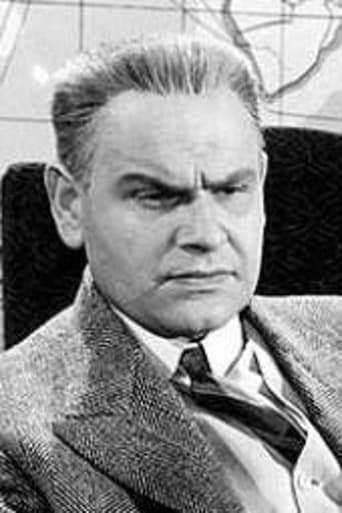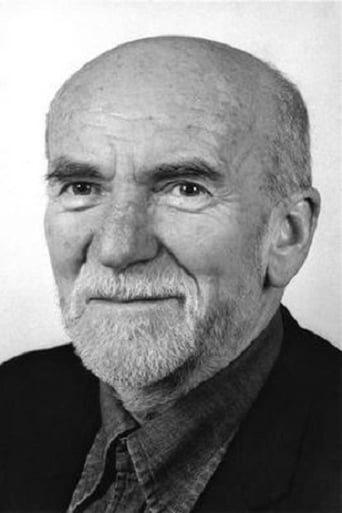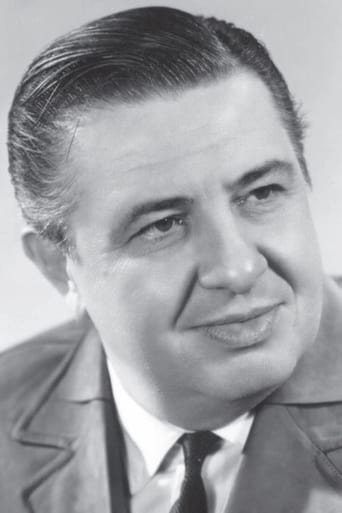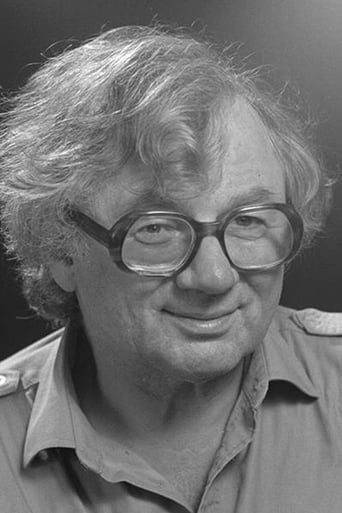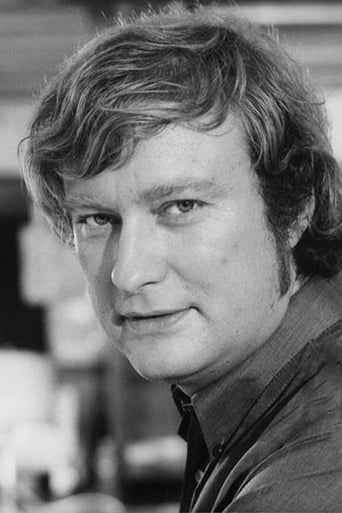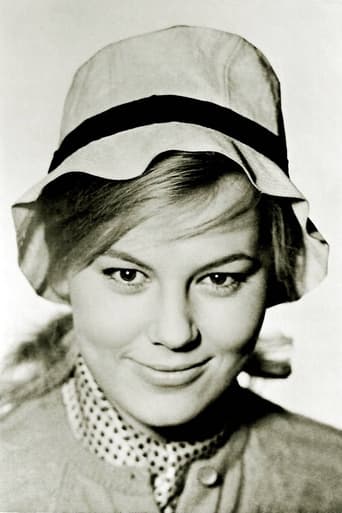Laikals
The greatest movie ever made..!
CommentsXp
Best movie ever!
Curapedi
I cannot think of one single thing that I would change about this film. The acting is incomparable, the directing deft, and the writing poignantly brilliant.
Phillida
Let me be very fair here, this is not the best movie in my opinion. But, this movie is fun, it has purpose and is very enjoyable to watch.
oOgiandujaOo_and_Eddy_Merckx
This is the first instalment of three historical pictures, the other two of which are far more famous: Valley of the Bees and Marketa Lazarová, both of which have DVD editions on both sides of the Atlantic. One might expect given the lack of take up that it was a halting first step, but this is not the case. It's perhaps even a lot more coherent and intellectually substantial than those other two movies.The initial events of the movie are set in Czechoslovakia (then Bohemia and part of the Holy Roman Empire) during the period of the Swedish intervention in the Thirty Years' War, from 1630-1635. During this period armies attempted to live off the land, which explains the raiding that happens in the film, and had the same effect as locusts. This was a time of widespread desolation and disruption in Europe where there was plague and famine in addition to the warfare. The money spent on the wars by the continental European powers drained coffers substantially, which may also account for the rundown state of the Regent's castle in the movie and his lack of ornamentation.The main characters of the story are the Regent, a straightforward dullard who cares only about his supremacy over the local serfs and making sure no-one rocks the boat, and is a little annoyed at the concept of freemen; the Miller, a taciturn yet extremely intelligent freeman who is suspected of being in league with the devil; the miller's son; and the new priest.The film is an allegory regarding science, religion and secular power (represented by the Miller, the Priest, and the Regent) that doesn't quite end as expected. I think the message is neither to pursue science to its ultimate conclusion (the atom bomb), nor power to its ultimate conculsion (corruption), nor God (the Tower of Babel). There's also enough mystery and suspense so that you shouldn't get bored, and a lot of experimental camera work.I think it's a really well made production with effective plotting including a neat variation on Chekhov's Gun and rope-a-dope tactics, brilliant eerie atmospherics, great camera work, and a particularly spellbinding performance from Frantisek Kovárík as the Priest.It's a film that you could quite reasonably watch over and again. Whilst I love all three of the Vlácil history films, I think they suit different moods. The Devil's Trap is beautifully rational, Marketa is a glorious mystic vision, and Valley of the Bees closer to a straight up historical film that is more of a downer than the other two.
allenrogerj
Frantisek Vlacil's first historical film shows the qualities he would later expand in Marketa Lazarova and The Valley of the Bees. In seventeenth century Bohemia a family of free millers are looked at suspiciously by the local ruler and the church for their independence and suspected witchcraft. They are actually proto-scientists, but that doesn't help them. Vlacil sets his characters entirely in their time and place, with no later knowledge affecting the way he looks at them or their psychology. The repeated encounters between miller, regent and priest are formal Shavian discussions. Music and camera-work are well-done- there's a repeated overhead zoom towards the mill which is vertiginously effective and elegant shots of farm-work which show the skills and toil required and the echoes of the floor-boards in the Regent's office accompany the echoes of the hollow caverns in the earth. The characters are superbly portrayed, especially the priest, an intelligent and kindly man entirely trapped by his own certainty in his beliefs. His attempt to incite the villagers to lynch the miller may fail, but we fear it will work as he coolly accuses them of witchcraft.
